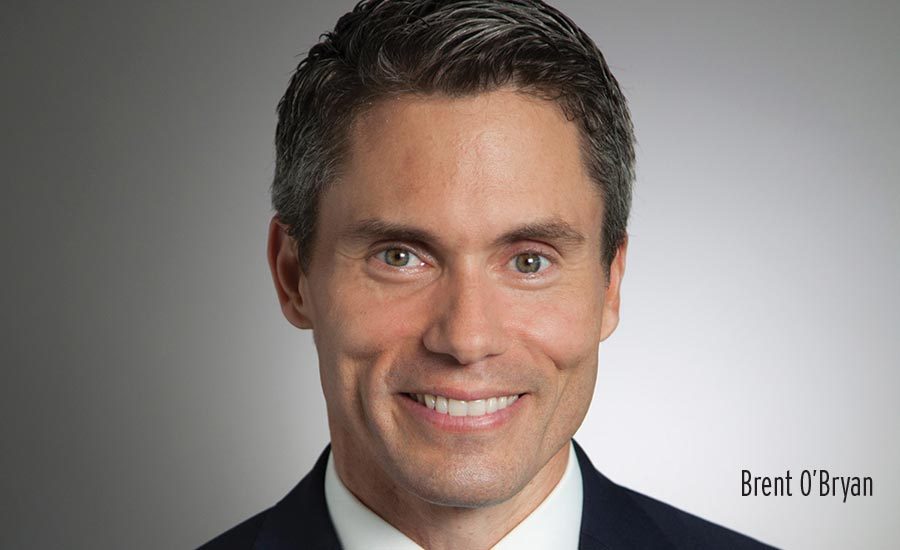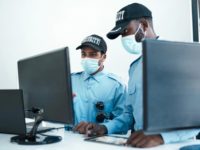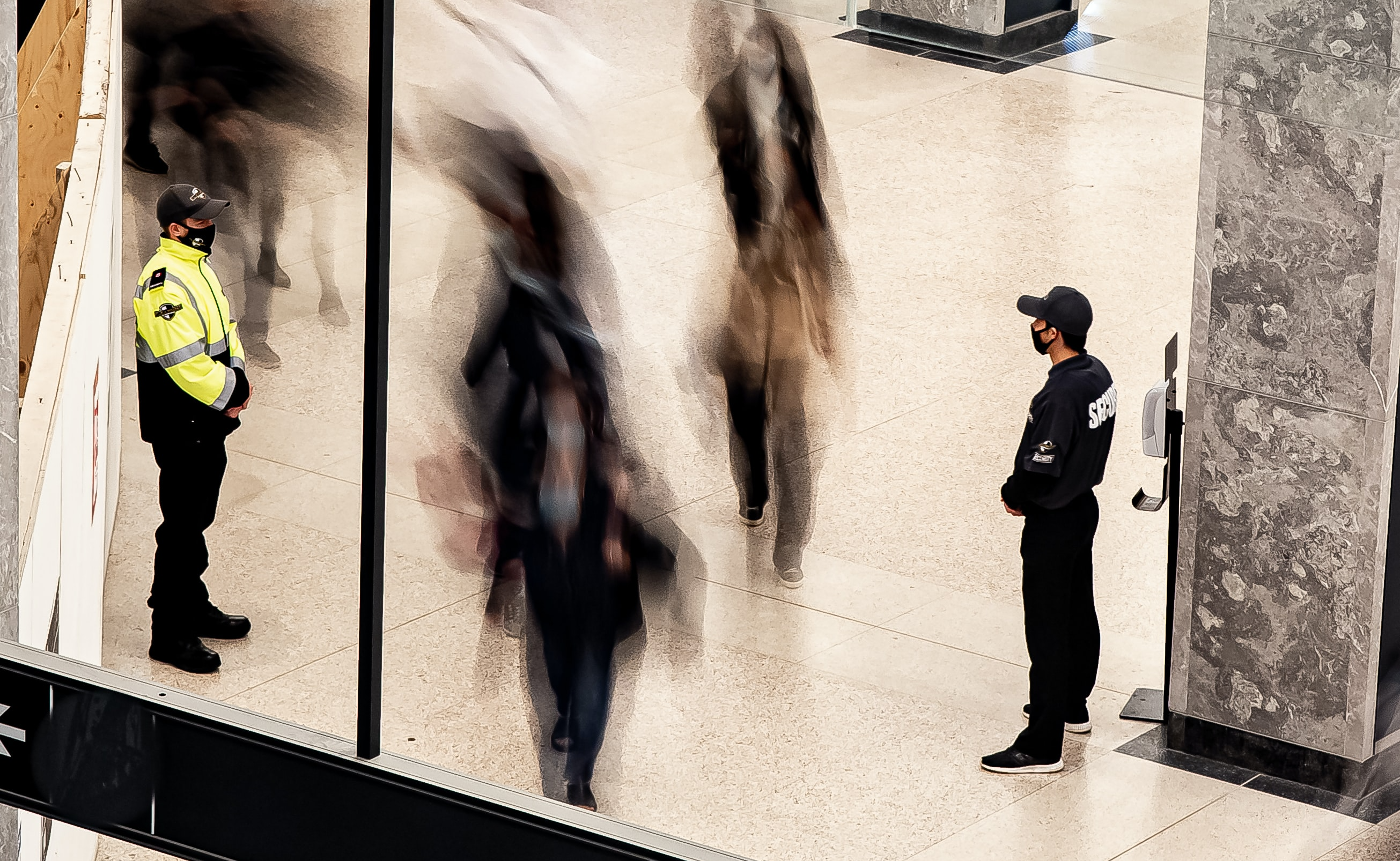From welcoming employees and guests with a warm and friendly smile to giving directions, the customer service role that security personnel play is infinite.
The security officer sector is growing exponentially, as is the need for our country’s officers to be comprehensively trained in a wide variety of areas, ranging from life-saving initiatives to ‘white glove’ customer service training. The Freedonia Group, an international business research company, reports that “U.S. demand for private contracted security services is projected to expand 4.2 percent to $66.9 billion” in 2019. We need to ensure that the flourishing physical security workforce is ready and able to take on the daily customer service challenges that they face in divergent sectors across multiple industries, including commercial real estate, hospitality, higher education, healthcare, manufacturing, retail, public transportation, government services and the chemical and petrochemical industry.
The customer is not only the client, but is also anyone who crosses the path of a security officer. A “white glove” service-oriented attitude translates to not only satisfying customers, but delighting them while mixing security with concierge-like customer service. Whether assisting a visitor or a lost child, the security officer is a brand ambassador tasked to exceed the customer’s needs. For example, if a customer needs something in 10 minutes, deliver it in nine. If customers need information, deliver it to them with options, or if customers ask, “how?” tell them “why” as well as how.
As the Vice President of Training & Organizational Effectiveness for the largest physical security services company in North America, which employs more than 200,000 security professionals, the number one mandate from clients is that our security officers are customer-centric. So what does this entail?
Appearance, vigilance, communication and knowledge comprise the values that are the cornerstones of customer service. Security officers need to incorporate these values into how they present themselves.
Appearance does not just mean that a security officer’s uniform is clean and fitted properly, it also includes taking responsibility for the look of the property as a whole. The security officer should project a professional image and ensure that their work area is neat and clean.
Vigilant security offices remember that everyone is a customer and aspire to be proactive and helpful. They keep a watchful eye for people in need of assistance and are observant for potential hazards or areas in need of repair. Security Supervisor Brovaundra Payton was on tour at the Comerica Bank’s Livonia Operations Center in Michigan when she spotted and reported a leak. The estimated cost in damages, if not reported in a timely manner, would have amounted to more than $1 million. “Her recognition of the issue and quick response in getting the engineer involved prevented a major catastrophe,” says Shaun Avritt, Chief Operating Engineer, Comerica Bank.
Another example of vigilance in action occurred at Alta Bates Summit Hospital. A visitor sent a heartfelt letter of appreciation praising Security Ambassador, David Ramon Scott, for finding his missing laptop. “I was racked with concern,” writes Timothy McDonnell. “As a teacher on a disability pension, there’s no way I could afford to replace my computer. I’d also be losing a lot of personal work. I was comforted by Mr. Scott’s personal concern and encouragement, which speaks volumes about his character.”
As the eyes and ears of management, communication is key and security officers must document all pertinent information and notify superiors in the case of an emergency. Reports must be written clearly and correctly and officers should communicate to customers what they can do before they tell them what they cannot do.
A security officer’s customer service role is multifaceted and includes acting as a caretaker by assisting everyone who enters the facility with a high level of customer care. Security personnel can take ownership of lobby and visitor management services and technologies to make every visit enjoyable and productive. By acting as a greeter, security professionals build relationships by welcoming staff and tenants by name which offers a personalized service. As important custodians of the building and its tenants, security professionals know who should have access, allowing them to quickly make important security decisions. And as a first responder, trained security professionals even save lives by delivering first aid, CPR and emergency medical services.
Staying calm and projecting confidence is key to successful customer service. Executing outstanding customer service demands a full understanding of a facility’s systems and procedures as well as emergency training. Last year, Jacqueline Jones, Shift Supervisor, was greeting personnel as they made their way past the main reception desk at Johnson and Johnson’s Raritan, New Jersey facilities. Because of her training and preparedness, she calmly recognized that a medical emergency was in progress, surveyed the scene, called for help and provided lifesaving immediate care for the person in need by clearing his airway. “Once the item was dislodged, I continuously asked him how he was feeling,” says Jones. “While sipping the water I gave him, he began to feel slightly better.”
We live in a diverse world, and not all customers are the same or have the same requirements. A security professional’s customer service attitude must be flexible enough to delight every customer. Why is attitude so important? Think back to a time when you had a bad experience. Did you walk away and say “I’m never dealing with that security guy again’’ or did you walk away and say “I’m not dealing with that business again’’? Most likely it is the latter. Most customers can speak to one or two people at an organization and the impression they walk away with isn’t just reflective of the individual, but the entire company.
Whether you are visiting a shopping mall, hospital, commercial building or university, security personnel are at the forefront of public perception. The interaction that security officers have with shoppers, students or workers can leave an indelible mark on people’s minds and lasting impact on the brand. When people talk to a security professional, essentially that security professional is the face of the company. When a security officer expresses a positive attitude, people are more naturally responsive. People respond to cheerful people.
The successful execution of a customer-centric culture demands effective leadership support, alignment with client objectives and the deployment of the best learning technology. I am challenged with ensuring that all our security professionals are fully supported with the optimal learning tools and guidance required to be successful in their current and future roles. Our on-demand training programs are aligned to support client objectives to ensure outstanding customer service, no matter the sector. Engagement in that culture promotes constant development and encourages security officers who may start their career standing post at an entry level position to work their way up through the company with the support of the organization.






